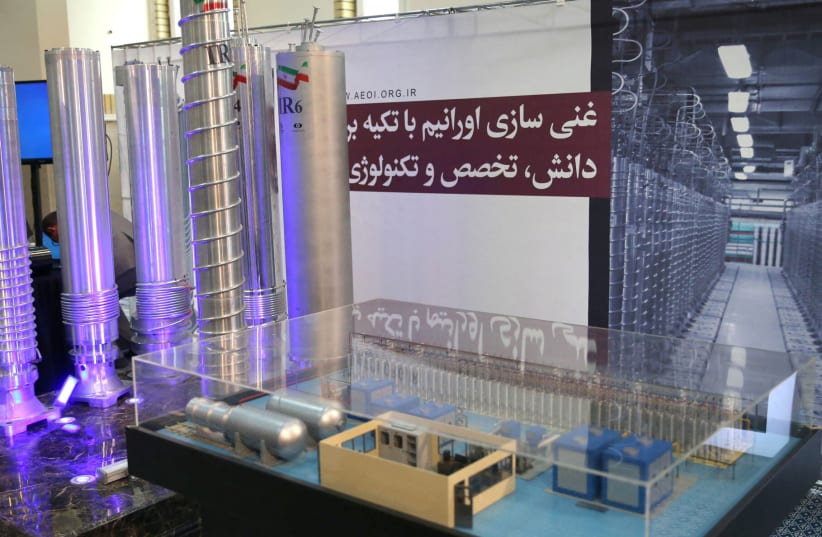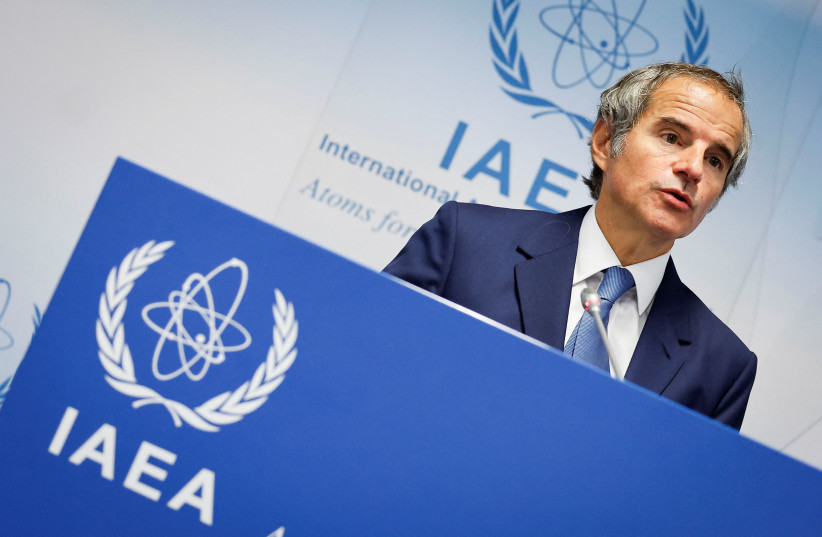Iran’s nuclear has surged ahead, with its highly secretive and highly guarded Fordow facility now producing enriched uranium that is just shy of being weapons-grade, a Washington Post report uncovered.
Reports have emerged that in factory chambers that, under the 2015 accord, had halted enriching uranium, now have newly installed equipment that could potentially double the nuclear plant’s enriched uranium output, the Washington Post noted.
This development underscores the unraveling of the 2015 Iran nuclear deal, which imposed strict limits on Iran's nuclear activities. The 2015 accord was negotiated as the Joint Comprehensive Plan of Action (JCPOA) by the United States under Barak Obama’s presidency and the European Union, which in all technicalities, is in effect, though not abided by.
While European countries observe the accord, the US withdrew from the pact in 2018 under the presidency of Donald Trump, which has led to Iran steadily expanding its uranium enrichment capabilities, accumulating enough highly enriched uranium for at least three potential nuclear bombs.
No regulatory body able to stop Iranian progress
The Washington Post noted that the collapse of the nuclear accord stymied the International Atomic Energy Agency’s (IAEA) monitoring and investigative capabilities into Iranian nuclear weapons activities.
The country's actions, emboldened by its alliance with Russia, have left it closer to nuclear weapons capability than ever before, the Washington Post reported.
Efforts to revive or revise the deal have faltered, with President Biden acknowledging its demise in 2022. The collapse of the agreement has not only empowered Iran but also limited the International Atomic Energy Agency's ability to monitor and address Iran's nuclear advancements.
The situation has raised concerns of a regional arms race and heightened tensions, with Iran pushing boundaries without crossing explicit red lines. The path forward remains uncertain, with diplomatic solutions appearing increasingly challenging to achieve.

